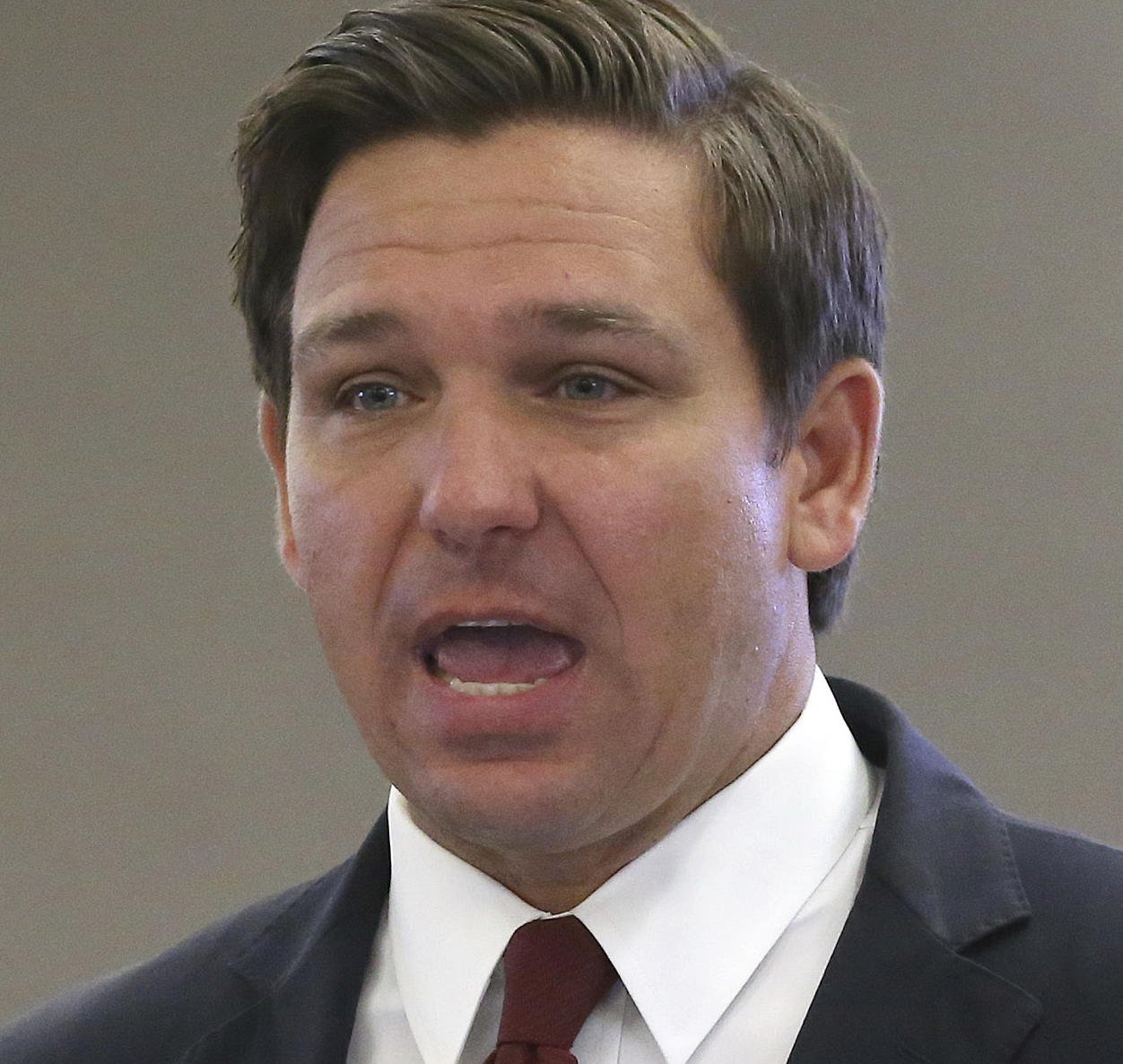Ban fracking
Ron DeSantis
"On day one, Ron DeSantis will advocate to the Florida Legislature to pass legislation that bans fracking in the state."
DeSant-O-Meter

In the Works
Our only agenda is to publish the truth so you can be an informed participant in democracy.
We need your help.